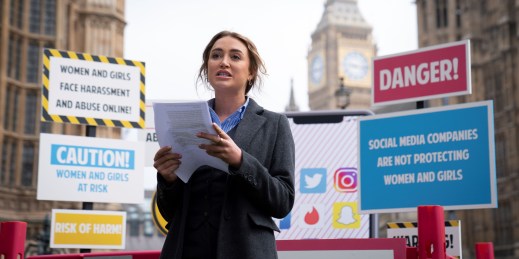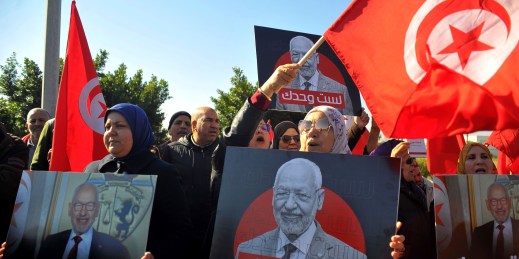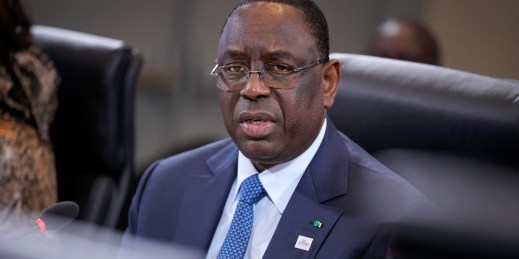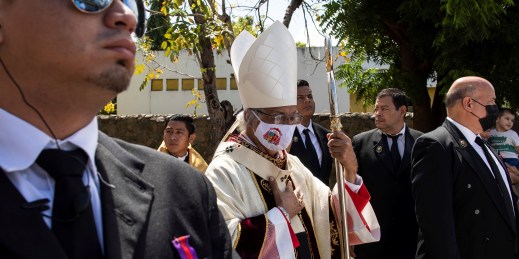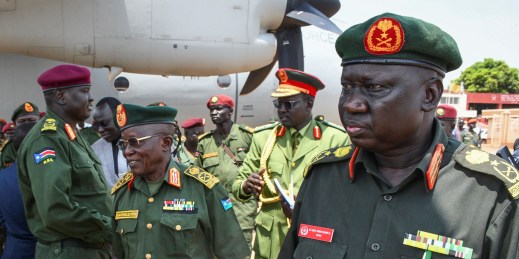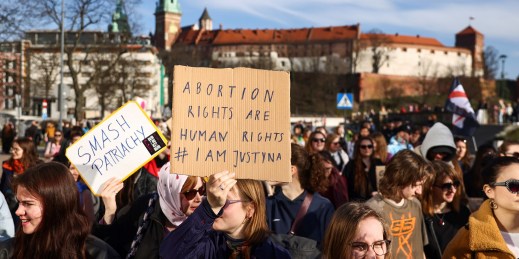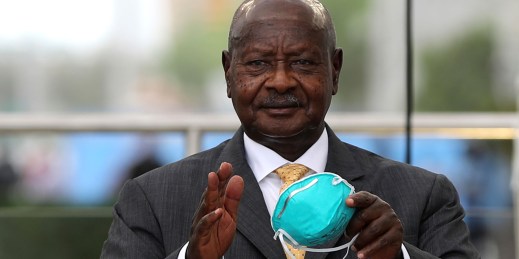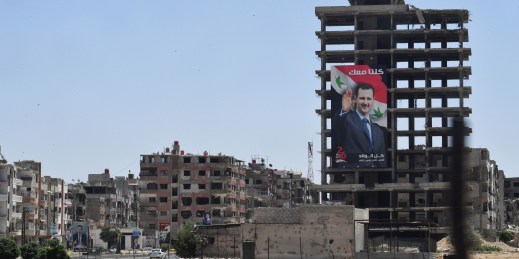
For many years, Syria has been a pariah state, shunned by most of the international community. But there are signs that things are changing. Several key countries are starting to rebuild relations with Syria, and its suspension from the Arab League may soon be lifted. So, is Syria really regaining international acceptance?

